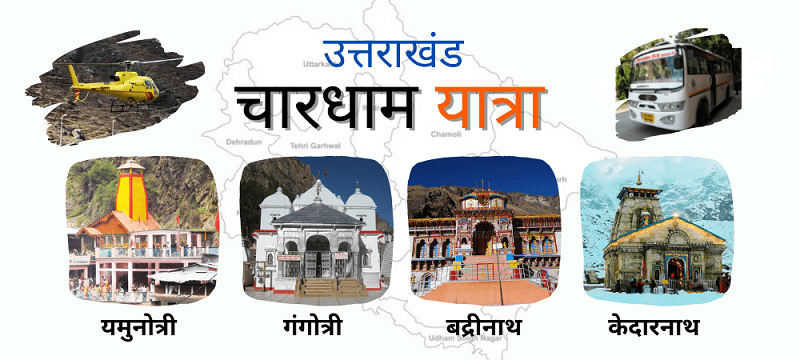First, families pick up a lot of values from trekking
Trust in each other, self-confidence, resilience, decision-making skills, care for the environment. These are qualities that children must ideally imbibe in their daily lives, but rarely do in this competitive world. A trek is a great environment for them to learn these values, and it happens naturally, without any external intervention.

Second, families become a lot more empathetic towards each other.
Many times, a family of four becomes four different people living under the same roof. But going on a trek helps them function as one unit. They give each other undivided attention — no Hotstar, no cartoons, no office calls.
Right from Day 1, we see that they show a lot more care and empathy towards each other. This has a tremendous impact later. We have noticed that this continues for a long time even after they end their trek. When we talk to these families after many months, we are surprised (and sometimes not so surprised) at the change in family dynamics.

Third, trekking families are fit families!
We love seeing this happen. When families get fit for their trek together, most often they make fitness a part of their daily lives.
Take a look at this family for instance:
“We started preparing three months before the trek. We began with a 500-meter run. After a few days of practice, Saanvi could complete 3 km in 30 minutes. We also practiced climbing stairs. Initially, we would tire easily and not finish the climb. A week later, our stamina increased. We could climb till the 17th floor!” shares Sidheswaran KP, who took his 7 year old daughter on the Dayara Bugyal trek.




